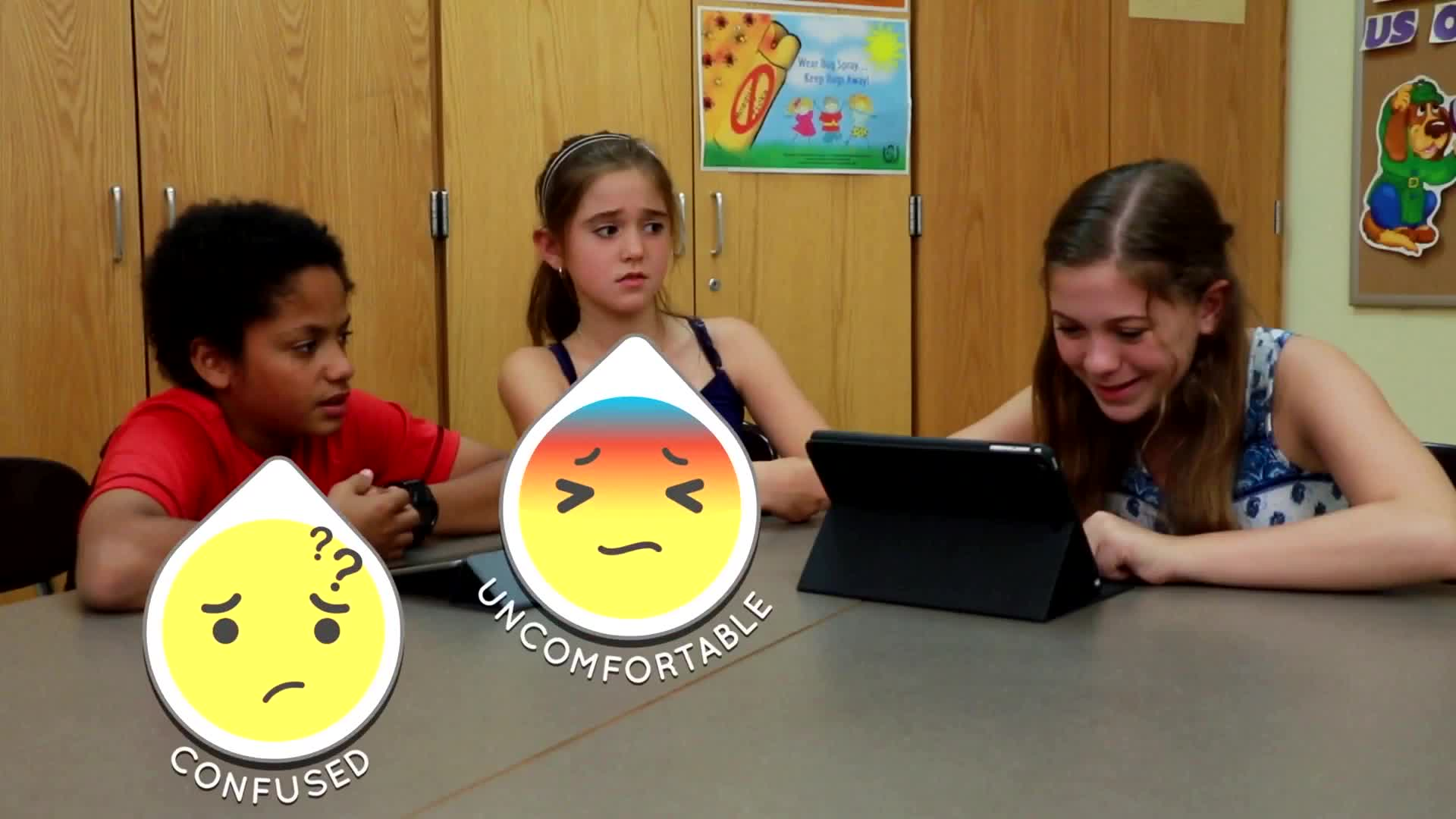Introduction
Teaching students to regulate their excited feelings and communicate effectively with others is an essential part of Social-Emotional Learning (SEL). When students become overly excited, they may express themselves in ways that can make others feel uncomfortable or confused. This blog post will explore an activity that requires no preparation, discussion questions, and related skills to help educators teach students how to manage their excited feelings and maintain positive interactions with their peers.
No-Prep Activity: The Silly Voice Switch
This activity helps students practice self-awareness and self-regulation by recognizing when it is appropriate to use a silly voice and when it is not. Here’s how it works:
- Ask students to form a circle.
- Explain that they will take turns sharing a sentence about their favorite movie, book, or hobby.
- Before each student shares, instruct the group to decide whether it is a “silly voice” or “regular voice” turn.
- If it’s a “silly voice” turn, the student should say their sentence in a silly voice. If it’s a “regular voice” turn, the student should use their normal speaking voice.
- After each student shares, discuss as a group whether the silly voice was appropriate for the situation or if it made others feel uncomfortable.
This activity encourages students to be mindful of their communication style and its impact on others, helping them develop self-regulation and social awareness skills.
Discussion Questions
- How did it feel when someone used a silly voice during an appropriate turn? How about during an inappropriate turn?
- What are some situations where using a silly voice might be acceptable? When might it be inappropriate?
- How can we become more aware of our own communication styles and their impact on others?
- What strategies can we use to regulate our excited feelings and communicate effectively in different situations?
- Why is it important to consider the feelings of others when we communicate?
Related Skills
In addition to self-awareness and self-regulation, teaching students to manage their excited feelings can help them develop other important SEL skills, such as:
- Empathy: Understanding and sharing the feelings of others.
- Active Listening: Paying full attention to the speaker, asking relevant questions, and providing appropriate feedback.
- Conflict Resolution: Addressing disagreements in a respectful and constructive manner.
- Responsible Decision-Making: Evaluating the consequences of one’s actions and making choices that benefit oneself and others.
Next Steps
To further support your students in developing these essential SEL skills, consider signing up for free sample materials from Everyday Speech. These resources provide educators with a variety of engaging activities and lessons designed to help students build strong social-emotional skills and thrive in their personal and academic lives.






